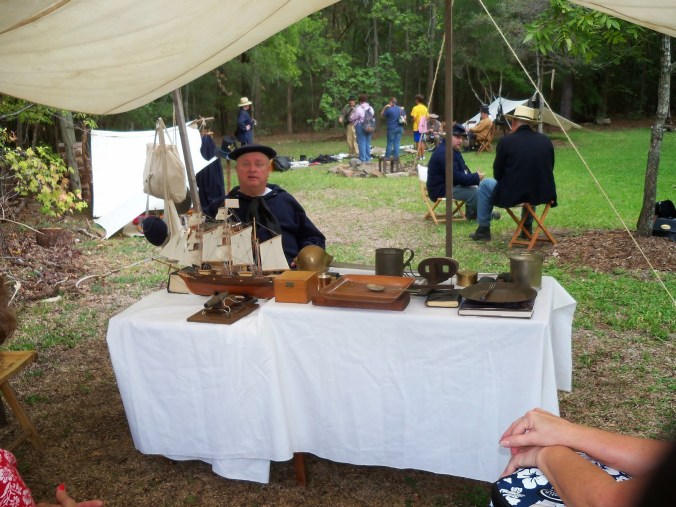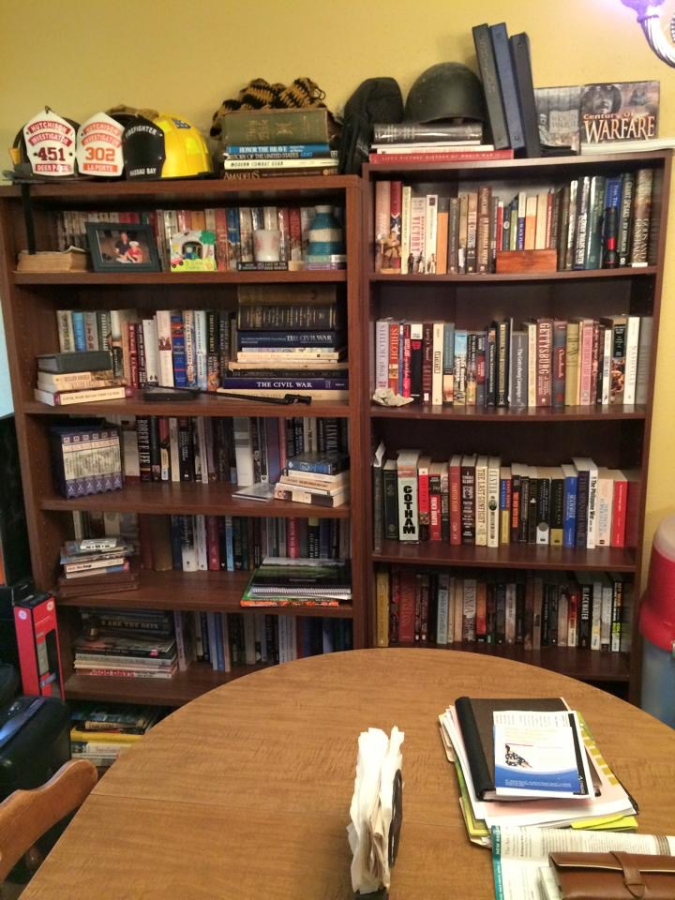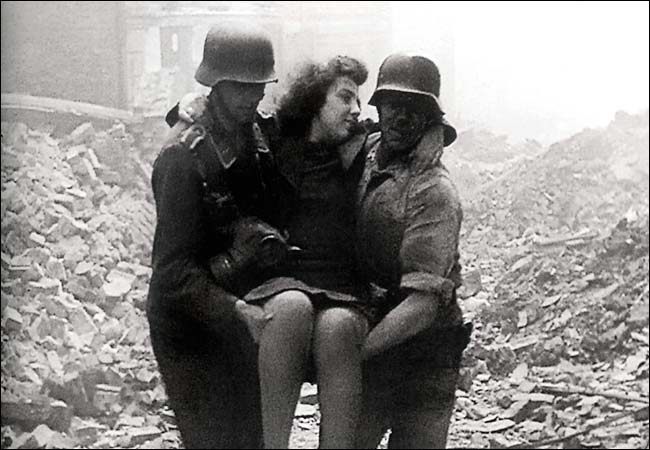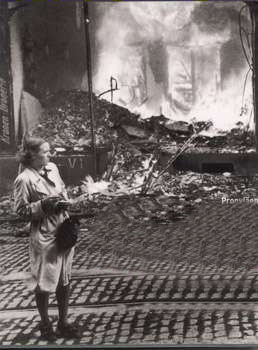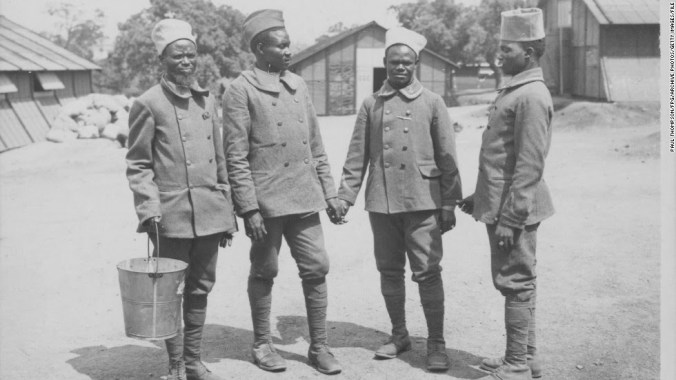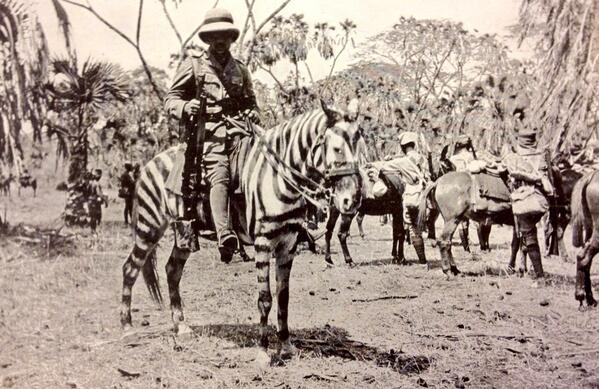
Dear Readers,
November 30 marked the anniversary of one of the most horrific battles ever fought in North America. Some call the Battle of Franklin the Pickett’s Charge of the West. That is incorrect. Pickett’s Charge was the Franklin of the East. At Gettysburg, 14,000 men crossed a mile of open ground after a two hour artillery bombardment. The charge lasted around 50-55 minutes. At Franklin, 19,000 men crossed two miles of open ground straight into three levels of entrenchments. And it wasn’t just one charge, it was more like 15-17 and it lasted four five brutal hours.
Over night on November 29/30, 1991 when I was thirteen years old, I had a very graphic dream about the battle of Franklin from the point of view of one of the soldiers. In the dream, I knew it was Franklin because of what someone said. At that point in my life, I was a student of the Civil War, but my knowledge, though more than most 13 year olds (or adults for that matter) was still very general in nature. I started reading Bruce Catton when I was 8, for example. I’d never heard of the battle before this dream. Dear Readers, I’ve had the dream every year on the night before the battle since 1991. I’m 39 now and just a few days ago, I had the dream yet again. You can read my written description of it here
I have visited Franklin and when I close my eyes, I see the whole thing played out in front of me again. I do not know why I have this dream. I had several brave ancestors who fought in this battle. Do they have the ability to pass on their memories to us via DNA? Or is it something else? One thing it is not, Dear Reader, is a figment of an overactive imagination because I wrote down the dream at age 13 and it has never changed. And remember, I didn’t know a d–n thing about this battle when I had the dream. But I digress. On my Facebook page on November 30th, I posted firsthand quotes from participants in the battle and probably drove my non-history friends crazy. I set out to do that again here, for those who know me not on Facebook. I’ll also throw in some more that I did not put on Facebook as I didn’t have to time post non-stop all afternoon, though I really wanted to.
I do not propose to describe the tactical decisions, etc, that led up to this battle. I only want you to read the words of the participants and understand this battle for what it was…..obscene and vile. No words of mine could EVER do justice to those brave souls who bled and died here.

The Carter Cotton Gin. The Confederate attack in this sector was described as “Glorified suicide”.
“The men seemed to realize that our charge on the enemy’s works would be attended with heavy slaughter, and several of them came to me bringing watches, jewelry, letters, and photographs, asking me to take charge of them and send them to their families if they were killed. I had to decline as I was going with them and would be exposed to the same danger.” Chaplain M’Neilly, Quarles’ Brigade
“It is ominous, and I fear our men are going to be annihilated. Our bands played ‘Dixie’, ‘The Bonnie Blue Flag’, and ‘The Girl I Left Behind Me’. This was the first and only time I ever heard our bands playing on the battlefield and at the beginning of a charge.” — Dr. Phillips, Surgeon, 22nd MS Infantry
“Then the order rings out against the din ‘Fire left oblique boys! Fire left oblique! They are bearing down on our left!There is now a wall of blazing guns all along our front. Men are dropping all along the line. Every second someone is killed. We are loading and firing until the gun barrels burn our hands.” — W.A Keesy, 64th Ohio, Conrad’s Brigade
“My color bearer was shot and the flag dropped. Colonel V.P. Greene grasped the flag staff and said ‘Damn! I’ll carry the flag. Look to your own company.’ Colonel Greene carried the flag through the fight without a scratch. They were killing and wounding our men so fast the order ‘Charge!’ was given. We raised the Rebel Yell and moved in double quick time.” — Lt. Mintz, 5th Arkansas Infantry, Govan’s Brigade
“We ran about 50 yards back and were reforming when a cannon ball took off my right foot. The same ball passed through two other men and wounded Beaumont and myself. We were in a very exposed place and could not move, the dead and wounded were all around us.” Joseph Thompson, 35th Alabama Infantry, Scott’s Brigade
“The ditch was full of men…..dead, dying, and wounded. If I ever prayed earnestly in my life, it was then.” Capt. Rea, 29th Alabama Infantry, Sears’ Brigade
“Go back and tell them to fight! Fight like hell!” General Wagner, 2nd Division 4th Corps, US. (Reported to be “vaingloriously drunk at the battle)
“The force and wind of the grape and canister would lift us clear off the ground at every discharge. As the great clouds of smoke had to some extent vanished, I could look around me and saw to my surprise, I was left alone in the ditch within a few feet of the battery which was still pouring forth it’s messenger of death, and not a living man could be seen standing on my right, nor could one be seen for some distance on my left. They had all been swept away by that mighty tempest of grape, canister, and rolling waves of lead and fire.” John M. Copley, 49th TN Infantry, Quarles’ Brigade
“The ravings of the maimed and mangled were heart rending. Crazed with pain, many knew not what they said or did. Some pleadingly cried out ‘Cease fire! Cease fire!’ while others agonizingly were shouting ‘We surrender! We surrender!'” Sgt. Banks, 29th AL Infantry, Shelly’s Brigade
“We charged up to the works. We used bayonets, butts of guns, axes, picks, shovels, and even…. [Colonel] Opdycke picked up a gun and clubbed with it.’ J.K. Merrifield, 88th IL Infantry, Opdycke’s Brigade
“About 9pm, a large body of the enemy in our front who were lying low and did not dare to go back begged for quarter and were allowed to come in. The only instance when I heard Johnnies beg for mercy.” Lt. Mohrmann, 72nd IL Infantry, Strickland’s Brigade
“Kind reader, right here my pen and courage and ability fail me. I shrink from the butchery.” Sam Watkins, 1st TN Infantry (writing in his 1882 memoir Co. Aytch.
“Call it glorious to die a horrible death, surrounded by an awful butchery, a scanty burial by enemy hands, and then total oblivion, name blotted out and forever forgotten—where is the glory?” Capt. James A. Sexton, Illinois Infantry
So there you have it, Dear Readers, a few quotes from a few brave men from both sides who fought at Franklin, only to have their memory and sacrifices largely forgotten as the battle faded into memory, known only today by true Civil War enthusiasts. Part of that is because the veterans, especially the Confederate veterans, did not wish to speak of the horrors they witnessed here. My great-grandmother’s grandfather fought at Franklin. He lived well into his 80s and so she knew him quite well as a girl. She said he could talk about “stacking Yankees up like cordwood” at Kennesaw Mountain and the first day at Shiloh where they overran Federal positions and “smote them hip and thigh.” But when asked about Franklin, which lay only about twelve miles from his home, all he could do was weep.
I’ll stop there, Dear Reader. I do not know why I have such a strong, visceral connection to this battle. Or why I can see it unfold in my head. Or why each year on the eve of the anniversary, my mind dredges it up in the wee hours of the morning. Bruce Catton once said that “We are the people for whom the past is forever speaking.” Mr. Catton is right on that point. The quotes above come from a few places, Eyewitnesses to the Battle of Franklin, The Confederacy’s Last Hurrah, and Co. Aytch. Though I close here, below I will list my family’s Roll of Honor from this battle.
Hutch
Roll of Honor
19th TN Cavalry
Buford Hanks Fitzgerald
48th TN Infantry
Daniel Fitzgerald
Francis Marion Fitzgerald
Uriah Galloway
Aaron Thomas Vestal
Charles W. Vestal
James Vestal
Josiah Franklin Dugger
William L. Dugger
1st TN Infantry
Haywood Taylor
John L. Jacobs
Thomas Henry Jacobs
33rd AL Infantry
Elisha Potts
George W. Potts
14th TX Cavalry (Dismounted)
Hewitt Rather
Nathaniel Houston Rather
2nd TN Infantry
Thomas Fleming

